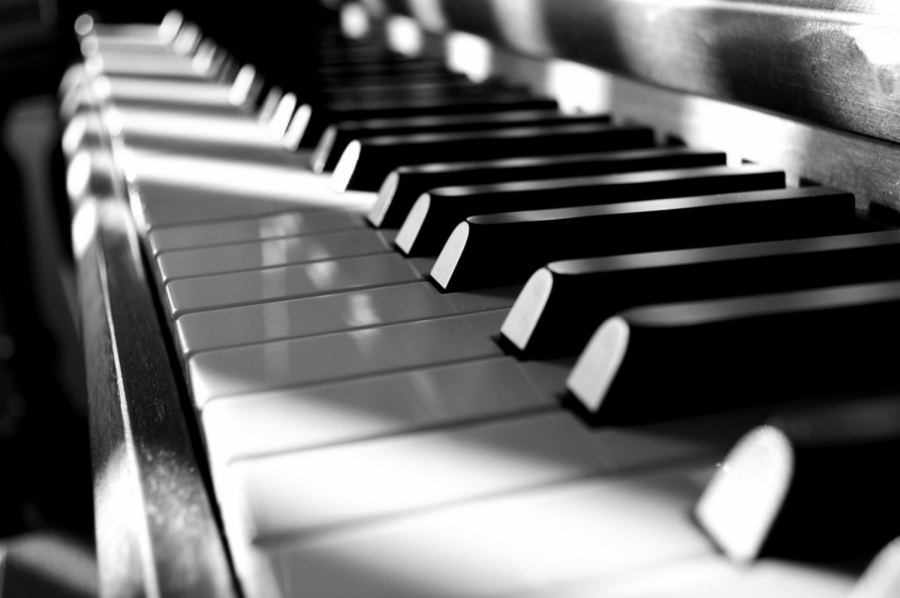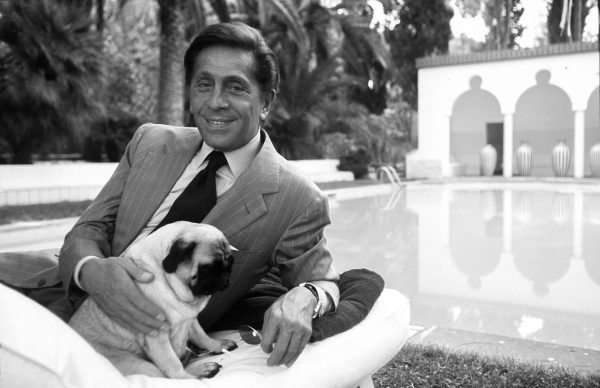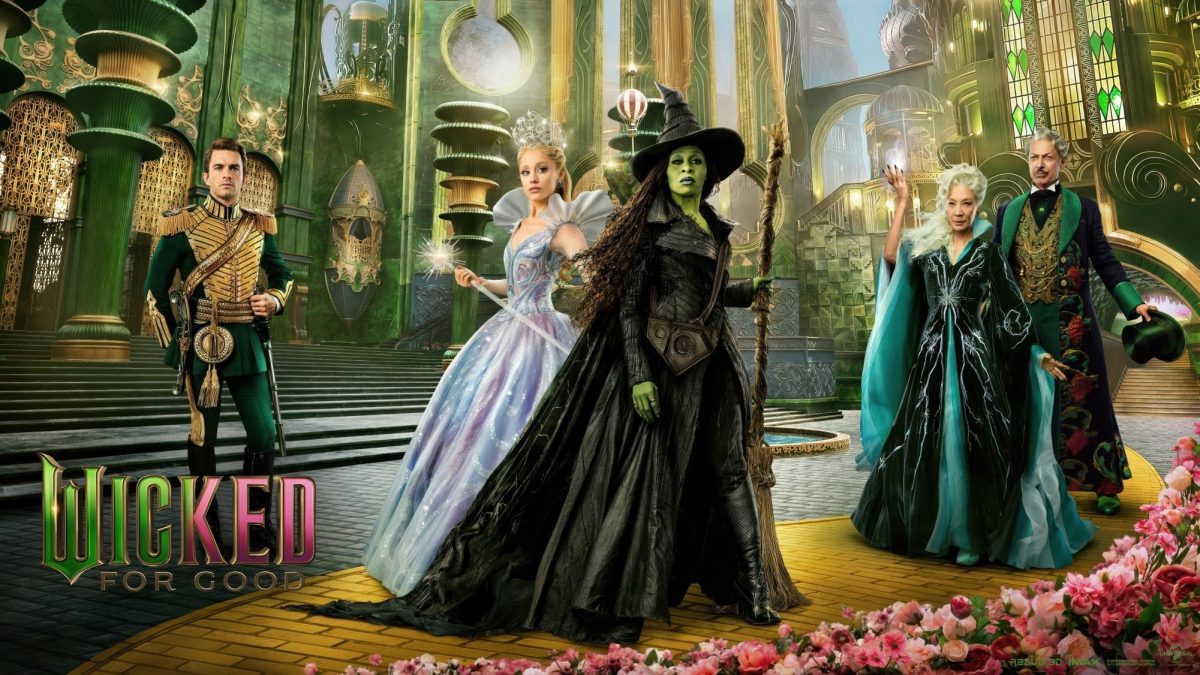Jazz or Classical—Why Not Both?
November 7, 2021
The playful, downswing blues of Dave Brubeck’s “Take Five.” Chopin’s grandiose, melodramatic “Fantaisie Impromptu, Op. 66.” Both are brilliant compositions, so why do many people choose sides, either jazz or classical?
In my experience, it seems one must pledge allegiance to either jazz or classical music. As a classically trained pianist, I was taught to stick with the measured bars of Mozart, rather than the chaos of jazz. However, as the years widened my musical perspective, it became clear to me that neither genre of music is “better” than the other. Both possess unique merits, catering to different players and listeners, and both genres must be understood and embraced to master music.
Classical musicians often view jazz as chaotic and untechnical, lacking control over harmony or touch. On the other hand, jazz musicians often view classical as rigid and uninspired, hindering the free-flowing creativity of music. While these stereotypes are true to some extent, they are inherently biased.
First, jazz music’s apparent disorganization stems from its complex rhythms and improvisational nature. Rooted in New Orleans in the late nineteenth century, jazz derives from the expressive music and history of the African-American community. Jazz musicians are encouraged to play over difficult “swinging” rhythms, invoking a sense of spontaneity. During performances, solos are vital, as individual players experiment over scales and harmonies, composing music on the spot. Because much of jazz is based on this type of exploration, a dissonant storm of seemingly random notes and chords is perfectly natural. There is beauty in jazz’s chaos, revealed in time through patient practice and listening.
Different from jazz, classical music focuses on harmony and technique. Rather than improvising, musicians attempt to play the melody and tonal variations of pre-written compositions perfectly. Reading sheet music may seem easier than jazz in this respect, but rigorous practice and precise technique are essential to master classical music: Because of the time needed to achieve this level, many pieces require tremendous technical and melodic skills. While this may sound rigid and uninspiring, the resulting layers of sound make classical music a fitting genre for expressing emotion. Composers such as Mozart or Beethoven convey the complexity of human nature through their majestic, complicated pieces.
Both jazz and classical music require high levels of musicianship. However, the former focuses on composition through improvisation, while the latter emphasizes performance through pre-written pieces. Any good musician should have a keen understanding of both genres to fully navigate the possibilities of their instrument. Mozart never would have written his “Moonlight Sonata” without detailed knowledge of the nuances of composition. Hundreds of years later the great jazz pianist Bill Evans could never have composed his “Peace Piece” without an understanding of the classical melodies of Chopin.
While it is perfectly natural to prefer one genre over the other, musicians must take care to respect and learn from their classical or jazz counterparts. All music is music. No matter what type or genre, both classical and jazz compositions possess their own brilliance.




















